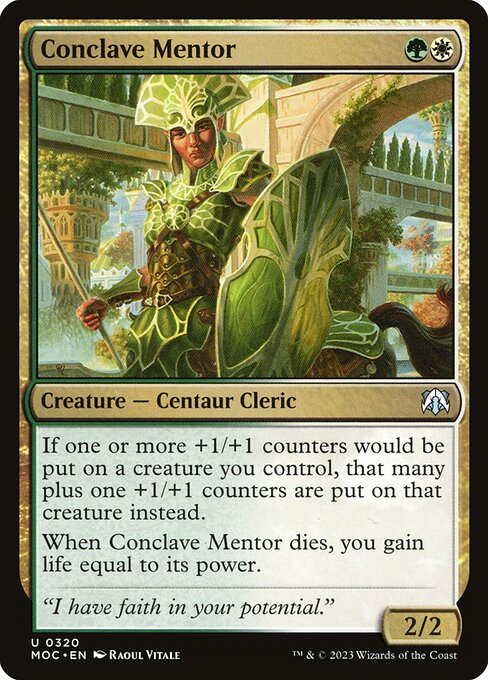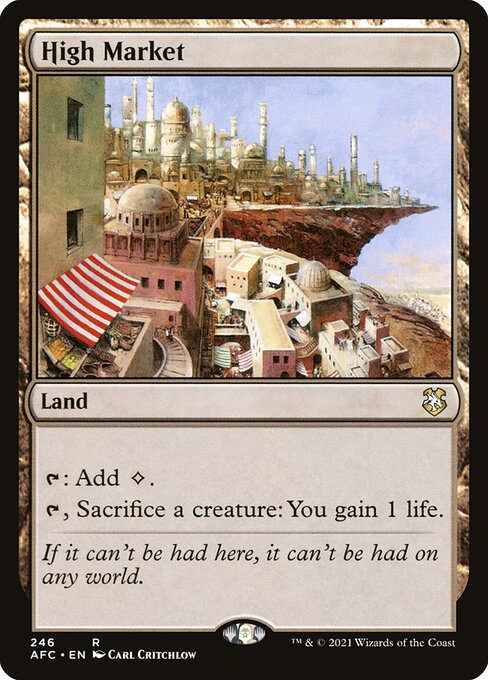Deck & Commander Strategies

Syr Vondam, Sunstar Exemplar
Grow stronger through creatures dying or being exiled, gaining life and counters, culminating in destroying key non-land permanents when Syr Vondam dies with sufficient power.

Dyadrine, Synthesis Amalgam
Utilize +1/+1 counters to draw cards and produce artifact creatures, incrementally increasing board presence and card advantage through counter manipulation.

Ragost, Deft Gastronaut
Transform artifacts into food tokens and sacrifice them to deal damage to opponents, applying pressure through resource conversion and repeated damage triggers.

Xu-Ifit, Osteoharmonist
Exploit graveyard recursion by returning creatures as skeleton tokens without abilities, enabling value from cards with costly drawbacks and sustaining board presence.
Gameplay Insights
- 1
Utilizing new land planets with the station mechanic provided powerful activated abilities that synergized well with commanders' strategies, such as card draw and artifact or enchantment copying.
- 2
Syr Vondam's ability to gain counters and life from creatures dying or being exiled allowed for sustained board control and incremental advantage, making combat decisions impactful.
- 3
Ragost's conversion of artifacts into food tokens and sacrificing them to deal damage created a steady source of pressure that opponents needed to address promptly.
- 4
Xu-Ifit's graveyard recursion to bring back creatures as skeleton tokens maximized value from otherwise costly cards, ensuring continuous board presence.
- 5
Dyadrine's interaction with +1/+1 counters to generate card draw and artifact creatures emphasized counter management as a key resource for growth and advantage.
Notable Cards
-

Path of Ancestry
-

Beamsaw Prospector
-

Conclave Mentor
-

High Market
-

Elegy Acolyte
Gameplay Summary
The game began with players developing their boards using new land types and ramp spells, setting the stage for their commanders' abilities to shine.
Early plays included the casting of Syr Vondam, Sunstar Exemplar, whose ability to grow stronger with creatures dying or being exiled put pressure on opponents and created incremental value.
Dyadrine, Synthesis Amalgam focused on accruing and leveraging +1/+1 counters to generate card draw and create artifact creatures, slowly building a robust board.
Ragost, Deft Gastronaut converted artifacts into food tokens, enabling direct damage through sacrificing those tokens, which applied a steady stream of pressure on opponents.
Xu-Ifit, Osteoharmonist capitalized on graveyard recursion, bringing back creatures as skeleton tokens to generate value from cards with powerful but costly drawbacks, enabling sustained resource advantage. Key moments included aggressive attacks leveraging the commanders’ unique abilities, such as Syr Vondam's menace and life gain synergy, and Ragost's ability to repeatedly sacrifice food tokens for damage.
The players also made use of new mechanics like station counters on land planets, allowing for powerful activated abilities that could draw cards or copy legendary artifacts and enchantments, providing strategic flexibility.
The game showcased a balance between board development, resource management, and tactical combat, with players navigating around each other's threats while building towards their win conditions—whether through overwhelming board presence, incremental damage, or recursive value engines.
The interplay of new mechanics and commander abilities was a highlight, creating dynamic and evolving board states.








































